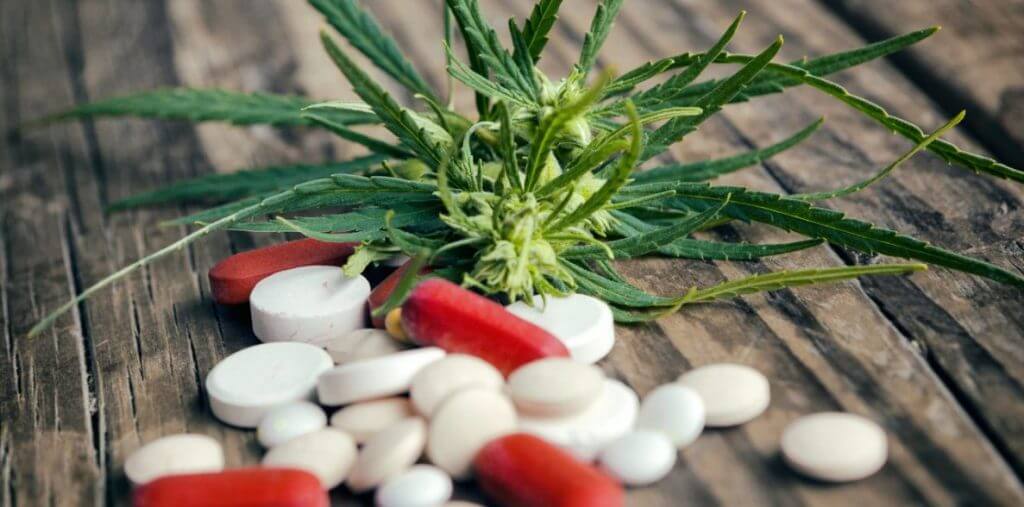Why Is the Opioid Epidemic So Widespread? The opioid epidemic is quite possible the worst drug crisis we’ve ever seen. The widespread deaths caused by heroin and other opioids has lead many to take charge against this difficult battle. Urgent calls for action continue to surface throughout the world as opioids kill tens of thousands of people a year. So, when did this issue become so popular? The opioid epidemic certainly didn’t happen overnight, but it does seem to have gained momentum over the couple of years. Heroin and other opioid drugs have destroyed the lives of many individuals throughout the United States and Canada. Regardless of age, race, wealth, or location, it seems that no one is safe from this terrible disease. A recent American study shows that, in 2014, more deaths were caused by drug overdose than motor vehicle accidents. Where 29,230 people died in car accidents that year, a whopping 47,055 died from a drug overdose. And since 2014, numbers have continued to rise. Despite many efforts by communities across these two great nations, it seems no calls to action have been successful in stifling the power of this widespread killer. It is known that opioid prescriptions have created a significant spike in the surge of opioid and heroin use. According to a report from the National Institute on Drug Abuse, 219 million pain killer prescriptions were written in 2011. With opioid prescription abuse more common, the number of overdose deaths has obviously risen. And despite the normal stereotypes that may arise, opioid overdose statistics do not discriminate, touching individuals across multiple races, age groups, and employment backgrounds.
HOW OUR ONLINE DISPENSARY IN QUEBEC CAN AID THE FIGHT AGAINST OPIOID ADDICTION
Patients who find themselves addicted to opioids find a common challenge in their recovery effort. As individuals addicted to opioids fight to overcome the disease, its usually the withdrawal symptoms that lead them to give up the fight. Side effects of opioid withdrawal can be difficult and uncomfortable to overcome. They include:
- Difficulty breathing
- Rapid heart rate
- Depression
- Muscle aches
- Restlessness
- Anxiety
- Lacrimation
- Runny nose
- Excessive sweating
- Insomnia
- Increased fatigue
- Diarrhea
- Abdominal cramping
- Goosebumps
- Nausea
- Vomiting
- Blurry vision
- High blood pressure
Medical Marijuana and CBD oil, the compound found in cannabis that doesn’t make you high, have been known to be effective in treating chronic pain in place of opioids. But additionally, they are reported to be effective in treating many of the symptoms of opioid withdrawal. And patients who have used them for such have also reported medical marijuana and CBD to help patients overcome the cravings of opioids. So, what’s next? As a leading online dispensary in Quebec, we fully support viable research to prove the positive effects of medical marijuana and CBD. While they have been proven to alleviate symptoms of serious medical conditions such as cancer, AIDS, Chrohn’s disease, epilepsy, and glaucoma, there is not enough scientific evidence to document that they are, in fact, effective in the treatment of opioid addiction. But, the future does look promising.
MEDICAL MARIJUANA AND MOOD
One of the most significant effects of medical marijuana in the fight against opioid addiction might be on the individual’s mood. Negative mood, anxiety, and depression can be particularly difficult to deal with during opioid withdrawal. Our online dispensary in Quebec sees many patients who use medical marijuana to effectively treat these illnesses. So, it’s no surprise that medical marijuana and CBD may be effective in treating these conditions as symptoms of opioid withdrawal. Fewer days of heightened anxiety, negative thoughts, and depressed mood may result in a lowered likelihood to trigger relapse. While there have been many studies that work to link cannabis as a gateway drug to heroin and other opioids, scientific research does not support that claim. But our online dispensary in Quebec is confident that we are on the road to prove that medical marijuana may be an exit drug to the suffering associated with opioid withdrawal, heroin and opioid dependence, and opioid related overdose deaths.


It’s too bad more doctors do not study more, to truly help patients.
I took no less than 40 pills every day until I started using marijuana. I have not had the need nor the urge to even look at traditional medicine and pills in months.